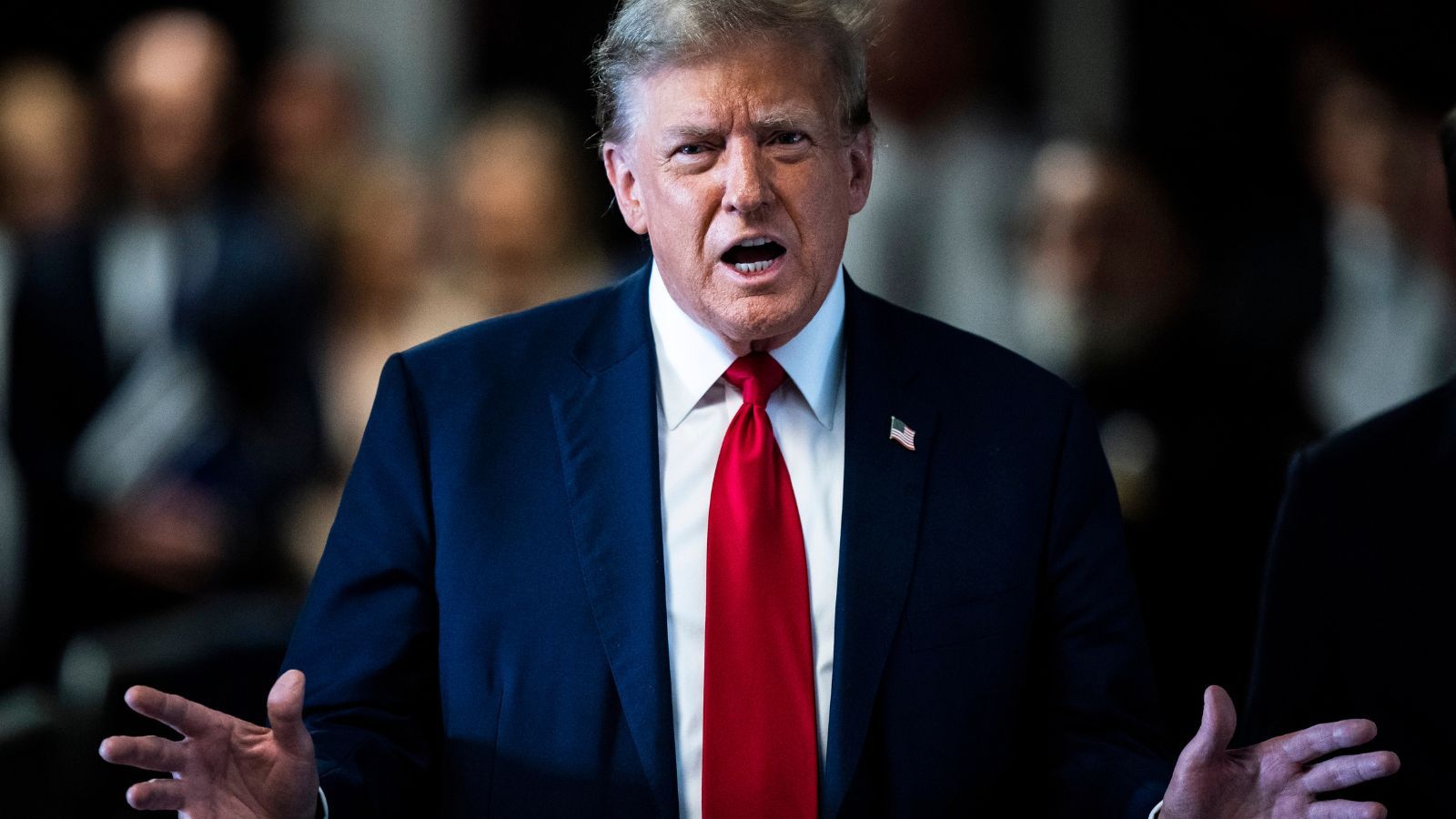 |
|
US President Donald Trump's surprise announcement of a press conference regarding "reciprocal tariffs" has sent ripples through the global political and economic landscape. Scheduled just hours before a high-profile meeting with Indian Prime Minister Narendra Modi, the announcement heightens existing tensions surrounding trade relations and adds another layer of complexity to an already delicate geopolitical situation. Trump's characteristically bombastic pronouncements on his Truth Social platform, emphasizing the phrase "Make America Great Again," highlight the nationalistic undertones of this policy. The lack of specific details regarding the targets of these new tariffs fuels speculation and uncertainty amongst global markets and international stakeholders alike. The timing, so close to the Modi meeting, raises questions about whether the tariff announcement is a strategic maneuver intended to influence the bilateral talks or merely a coincidental scheduling overlap.
The context of this announcement cannot be separated from the broader history of Trump's trade policies. His administration has frequently utilized tariffs as a tool to pressure other countries into more favorable trade agreements, often resulting in retaliatory measures and escalating trade wars. The specific details of the new "reciprocal tariffs" remain shrouded in mystery, but the phrasing itself suggests a tit-for-tat approach, mirroring tariffs imposed on US goods by other nations. This strategy, while presented as 'fair' by Trump, has been widely criticized for its potential to disrupt global supply chains, increase prices for consumers, and exacerbate existing economic inequalities. The impact on India, already facing economic challenges and trade tensions with the US, could be particularly significant, depending on the specific goods and countries targeted by these new tariffs.
Trump's meeting with Prime Minister Modi further complicates the situation. Modi's visit to the US carries considerable weight, given the ongoing trade disagreements and India's concerns about immigration policies. The backdrop of recent deportations of Indian nationals, coupled with previous instances of steel and aluminum tariffs imposed by Trump, has already created a climate of tension. Whether this meeting will result in a compromise or further escalation of trade disputes remains to be seen. The potential for a negotiated settlement is clouded by Trump's unpredictable behavior and penchant for unilateral action. The announcement of the reciprocal tariffs just hours before the meeting suggests a potential power play, aiming to leverage the economic leverage of tariffs during negotiations. The outcome will have significant implications for bilateral relations between the US and India, and for the global trading system more broadly.
The potential consequences of Trump's reciprocal tariffs extend far beyond the immediate impact on specific countries. The globalized nature of trade means that these actions can have cascading effects across numerous economies. Disruptions to supply chains can lead to shortages of essential goods, increased prices for consumers, and reduced economic growth. This is particularly concerning in the current economic climate, characterized by high inflation and uncertainty. The potential for a new wave of trade wars, triggered by the reciprocal tariffs, cannot be overlooked. The history of such conflicts demonstrates the devastating economic consequences that can arise from escalating protectionist policies. The interconnectedness of global supply chains makes it difficult to isolate the effects of tariffs on a single country; instead, they tend to spread widely, impacting a wide range of nations and their economies.
Beyond the immediate economic consequences, the political ramifications of Trump’s actions are equally significant. The use of tariffs as a political tool raises questions about the fairness and predictability of international trade relations. This unpredictability discourages long-term investment and creates uncertainty for businesses, impeding economic growth. The ongoing saga of Trump's trade policies, and his seemingly impulsive decisions, underscores the need for a more stable and transparent framework for international trade. The international community must work together to create mechanisms that address legitimate trade concerns without resorting to protectionist measures that harm global economic stability and cooperation.
Source: Trump set to announce ‘reciprocal tariffs’ tonight, ahead of meeting with PM Modi
